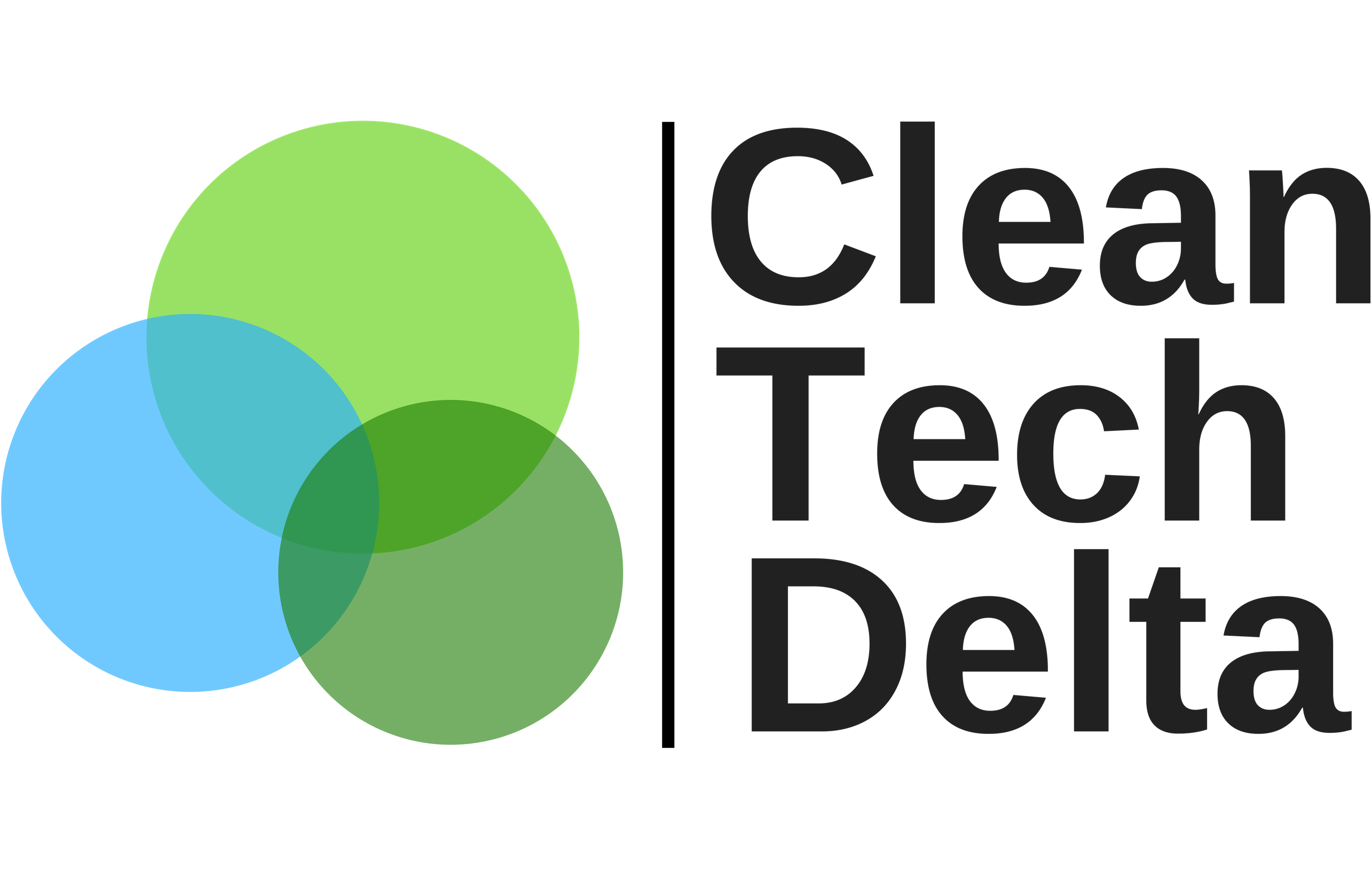
Thursday January 31st, 15:30
Fruitvis, Marconistraat 43, 3029 AH Rotterdam
In the transition to the direct use of renewable energy, the need to store energy is becoming an important factor. Renewable energy is not always generated at the right moment at the right location, thus efficient and cost-effective storage systems for energy are essential to accelerate the energy transition. Clean Tech Delta and the City of Rotterdam, with support of Witteveen+Bos, will organize an event around this theme. During the afternoon of January 31st, the research and technology landscape of energy storage applications will be explored, by showcasing and discussing the newest developments on energy storage from different angles.
Do not forget to register for this event. You can find the registration page here.
Program Overview
15.30 Reception
15.45 Opening of the event
16.00 Keynote speakers
17.00 Break-out sessions
17.45 Social drink
Keynote Speakers
Hannes Kunz
Energy & Stuff: The context of storage in the energy transition
Hannes Kunz of the Institute of Integrated Economic Research will set the scene on energy storage as part of the energy transition.
Jessica Hernandez
A landscape of stationary energy storage technologies and their applications
As more renewable energy is deployed, long duration of energy storage is becoming increasingly important. There are many technology options for storing energy; however, looking at the specifications of various applications it is crucial to identify which technologies are best-positioned to satisfy current and future needs. We’ll look at new applications requiring long duration energy storage and find leading technologies and companies poised to succeed.
Dr. Ruud Kortlever
e-Refinery: Towards sustainable production of chemicals and fuels
Increasing CO2 concentrations in the atmosphere are an issue of global concern. Since in a future fossil-free society there will still be a need for chemicals and fuels, alternative non-fossil based routes for chemicals and fuel production need to be developed. Ruud will talk about the strategy of the e-Refinery program that was recently set up at TU Delft, where they target the production of chemicals and fuels using water, air and renewable electricity.
Break-out sessions
Mobility
All transport sectors are seeing an increase in electrification. Efficient and intelligent smart charging and storage solutions need to be developed and implemented in the transport system and built environment to speed up the process of electrifying transport. What are the trends? What are the business models of new innovative solutions? And how will they fit into the mobility system of the future?
The mobility session will be introduced and moderated by Frans van Herwijnen (EV Consult). During the session, we will get industry insights from three innovators who will explain how their solution fits in the mobility system of the future.
- Peter-Paul van Voorst tot Voorst (Skoon) – Modular battery containers operated by a smart platform.
- Nick Hubers (Jedlix) – The smart charging solution of Jedlix lets you charge your electric car easily using greener, cheaper energy.
- Maarten Klein Geltink (Hedgehog) – Hedgehog has developed a system in which breaking energy of trains can be captured and used in the mobility network of the city
Built Environment
To make the transition to sustainable energy, decentral and intermittent power generated by PV panels and wind mills have to be integrated in the energy system. Moreover, the majority of the energy demand in the built environment in the Netherlands is heat demand, now mostly provided by natural gas. How can we match the (local) demand and supply of electrical and thermal energy on a daily, but also on a seasonal basis? What are different solutions?
During this break-out session, an introduction on above challenges will be given by Philip Gladek from Spectral. Then, we will get insights from innovators in three different storage solutions and their challenges in the built environment.
- Vincent Ruijter (iWell) – iWell offers a profitable energy storage solution for the built environment that enables the use of sustainable energy
- Ruud Cuypers (TNO) – TNO develops a heat battery to store long-term thermal energy
- Hugo van den Borre (Solenco) – Solenco delivers an overall concept for energy systems in households: energy generated by PV panels is stored in hydrogen which can be converted to electrical and thermal energy on demand.
Energy market models
The economically feasible storage of green energy is crucial for a successful transition away from fossil fuels. However, current energy markets models favor fossil energy. This makes it hard or even impossible to create an economically feasible business case for energy storage.
During this break-out session Witteveen+Bos outlines the current energy market and opportunities to facilitate renewable energy storage. Next, three energy storage technology developers share their thoughts on the topic.
- Guido Dalessi (Elestor) – Elestor developed a flow battery that stores electricity at a fraction of the cost of traditional batteries, safely and with a long lifetime
- Hubert Penn (Dexter) – Dexter manages imbalance for energy companies and industrials using artificial intelligence and energy storage
- Peter Teerlink (S4 energy) – S4 energy makes energy and power management smarter, more flexible and more profitable by using flywheels.

